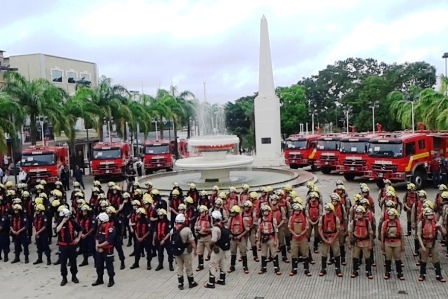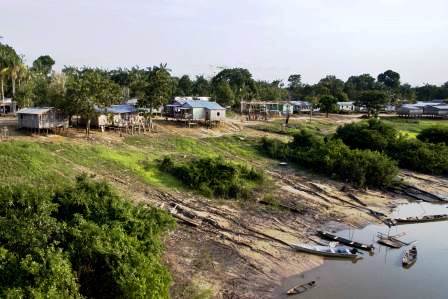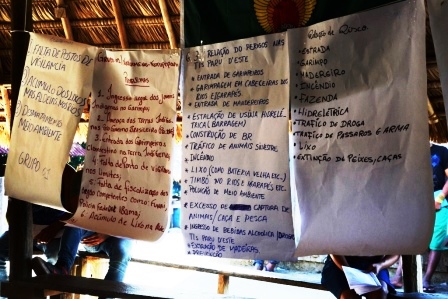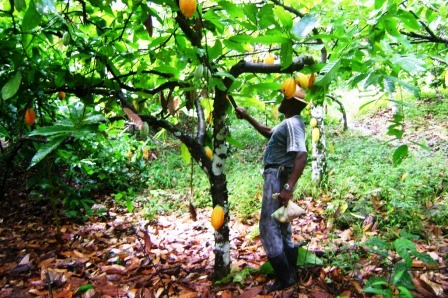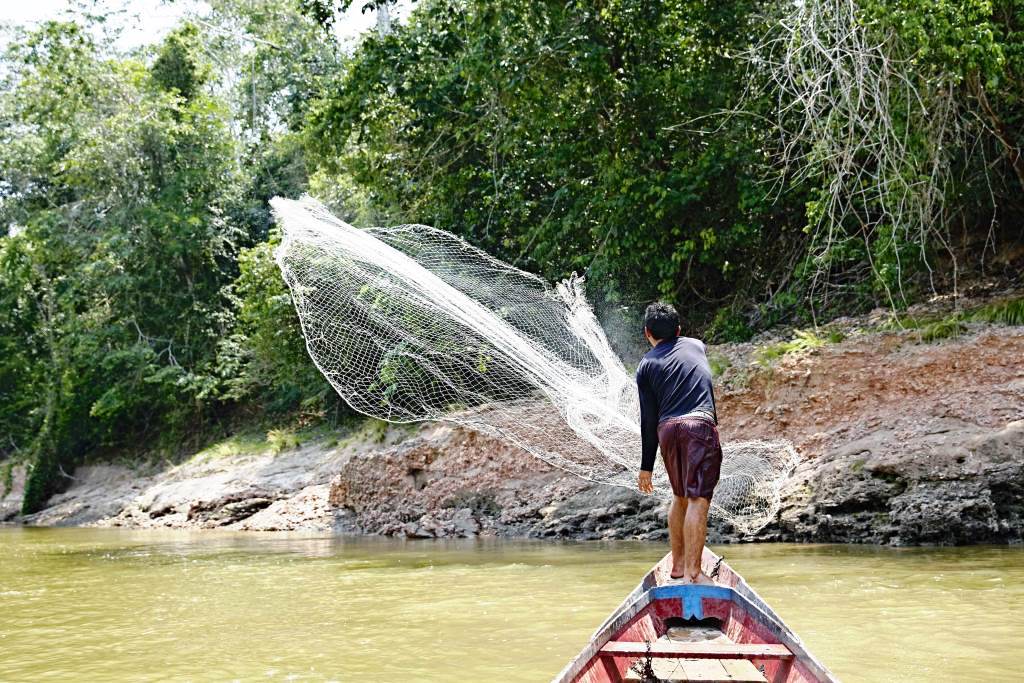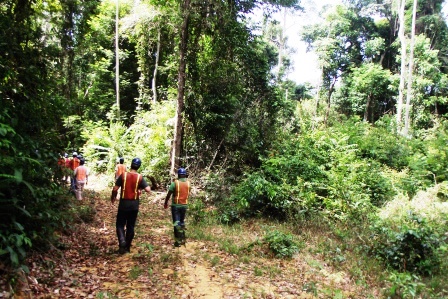ACTIVITIES CONDUCTED
In this project, ASSEMA acts as the umbrella organization for four institutions: Cooperativa Central do Cerrado Ltda. (Central do Cerrado), Coletivo de Mulheres Trabalhadoras Rurais do Estado do Maranhão (CMTR-MA), Cooperativa dos Pequenos Produtores Agroextrativistas de Esperantinópolis (COOPAESP), and Cooperativa de Pequenos Produtores Agroextrativistas de Lago do Junco (COPPALJ).
The project is structured into six implementation components, as follows: a) Components 1 to 4 are dedicated to each of the aforementioned partner organizations; b) Component 5 is dedicated to cross-cutting activities; and c) Component 6 is dedicated to management activities.
Component 1 - Coletivo de Mulheres Trabalhadoras Rurais do Estado do Maranhão (CMTR-MA)
As part of the construction of two processing units for babassu products and by-products, and the acquisition of equipment, the following activities were carried out: (i) drafting of floor plans, architectural, electrical, and plumbing layouts; (ii) procurement of construction materials, electrical and plumbing supplies, and finishing materials to enable the start of construction of the mesocarp flour unit in Sítio Serraria, Peritoró (MA), and the oil unit in the Tucumã community, São Domingos (MA); and (iii) hiring construction service providers and commencing the construction work in the Sítio Serraria community.
Three meetings were held to strengthen the institutional capacities of CMTR, with participation from 12 board members.
Activities related to leasing and maintaining the office and vehicle were carried out, along with the acquisition of 2 desktop computers, a scanner, multifunction printer, 2 voltage regulators, 2 laptops, a digital camera, air conditioner, projector, 2 computer desks, an office desk, filing cabinet, bookshelves, 2 office chairs, a water cooler, pedestal fan, 20 plastic chairs, 2 plastic tables, a smart TV, and an electric coffee maker.
To consolidate and expand market access, 3 market stalls were acquired.
Regarding participatory project management and control, CMTR held a 3-day event to develop the Annual Operational Plan (POA) and the 2024–2027 Four-Year Strategic Plan. Through a democratic and participatory process, CMTR evaluated its past trajectory and analyzed its performance. The event also strengthened teamwork and leadership skills and established a procedure for planning, monitoring, and evaluating the collective’s actions.
Component 2 - Cooperativa dos Pequenos Produtores Agroextrativistas de Esperantinópolis (COOPAESP)
Inputs were acquired for the implementation of agroforestry systems (SAFs), including 2 power tillers, manure, 5,660 seedlings, stakes, PPE, tools, and a motorcycle.
Component 3 - Cooperativa de Pequenos Produtores Agroextrativistas de Lago do Junco (COPPALJ)
Acquired items included 3 power tillers with trailers, 2 motorized augers, 4 sprayers, PPE (leather gloves, leg guards, safety glasses, aprons, ear protection, etc.), field tools (wheelbarrow, post hole digger, shovel, machete, hoe, rake, pruning saw, pruning shears, and backpack brush cutter), SAF inputs and fertilizers (manure, stakes, limestone, seeds, and seedlings). Two motorcycles were also acquired.
A “Seminar to Establish Collective Strategies for SAF Development” was held in the Boa Vista dos Lopes community, Lago dos Rodrigues, aiming to develop a set of agreements and principles for SAF development. The event was attended by 22 people, including 9 women. The project’s technical team conducted a diagnostic assessment with 22 producers from 11 rural communities in Lago dos Rodrigues before selecting beneficiaries. The survey aimed to identify production practices, available land, property conditions, pesticide use, land tenure status, and family labor. Families were informed about the importance of technical visits, workshops, exchanges, and collective efforts, as well as their commitment to agroforestry management.
Regarding the system for handling and storing babassu almonds in COPPALJ’s coconut oil processing facility, equipment production is underway following the selection and contracting of the service provider.
Component 4 - Cooperativa Central do Cerrado Ltda (Central do Cerrado)
Central do Cerrado will support the other partner organizations through the development of a Solidarity Commercialization Service Base (BSCS), providing support for organizing and improving production processes in the agro-industries and processing units of the partners, developing new products, and positioning babassu value chain products in the market. Central’s support will be extended to the cooperatives in the following value chains: CMTR – traditional babassu almond oil, babassu handicrafts, and mesocarp flour; COOPAESP – babassu mesocarp flakes and flour; and COPPALJ – babassu almonds, refined babassu oil, and babassu cake.
The project supported the participation of farmers in 5 events and 5 fairs (1 regional, 2 national, and 1 international, in Nuremberg, Germany). These actions exposed the products to over 1,600 people and generated more than BRL 500,000 in business. A highlight was the Product Fair at the International Congress of Functional Nutrition, where a chef promoted the products by preparing a “peta” (tapioca biscuit) made with mesocarp flour and babassu oil.
An initial diagnostic of potential was conducted with the enterprises, establishing a collective focus for the following products to be developed/improved: cleaning products, personal hygiene items, instant mixes for porridge and biscuits, biodegradable packaging, and classification of babassu oil and mesocarp as functional foods.
Equipment for the laboratory was acquired: refractometer, moisture meter, bottle sealer, conveyor sealer, mixer, doser, cutter, laboratory glassware kits, laboratory utensils kits, 6 PPE kits; as well as a 4x4 vehicle, a tablet, a cellphone, and a laptop, enabling technical assistance activities and equipping the Central do Cerrado agro-industry in Brasília to begin new product development processes.
Component 5 - Cross-Cutting
As part of developing a strategic management plan for the processing units with a focus on self-management by beneficiaries, a meeting was held with 6 representatives from ASSEMA and the partner organizations with the National Supply Company – CONAB to discuss the implementation of PGPMBio in the state of Maranhão.
A highlight was the Municipal Seminar celebrating the State Day of the Babassu Coconut Breakers, coordinated by CMTR in the municipality of Peritoró, as part of the actions to strengthen networks defending products from Brazilian sociobiodiversity. The seminar was attended by 68 people, including 62 women. Four people also attended the 12th Brazilian Agroecology Congress (CBA).
Component 6 - Management
To strengthen programmatic actions, 6 CAP meetings were held with hybrid participation from the partner organizations, and one motorcycle was acquired. For improving financial management and administration, training was provided on applying tools to collect and systematize project indicators. The training included the project’s technical team and representatives from the partner organizations, totaling 16 participants, including 7 women. Additionally, tax audit and accounting advisory services were contracted, and various machines and equipment were acquired (desktop computer, laptop, projector, portable GPS, smartphone, voltage regulator, GPS software, multifunction printer, smart TV, water purifier, and office table and chair), along with communication services.


